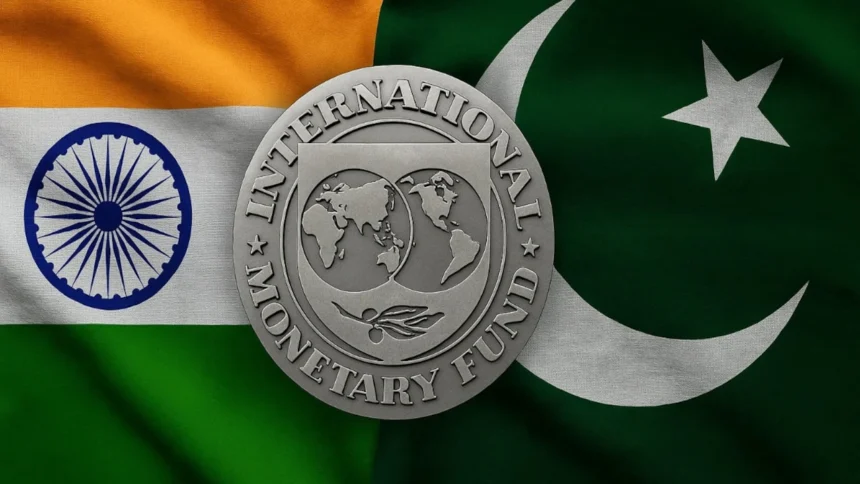Introduction
On May 9, 2025, the International Monetary Fund (IMF) approved the immediate disbursement of a $1 billion loan to Pakistan under its Extended Fund Facility (EFF) program. The decision has drawn sharp criticism from Indian political leaders, including Jammu and Kashmir Chief Minister Omar Abdullah, who questioned the rationale behind financially supporting a country allegedly involved in hostile actions against India.
Omar Abdullah’s Strong Reaction
Taking to X (formerly Twitter), Omar Abdullah expressed his dismay over the IMF’s move: “I’m not sure how the ‘International Community’ thinks the current tension in the subcontinent will be de-escalated when the IMF essentially reimburses Pakistan for all the ordnance it is using to devastate Poonch, Rajouri, Uri, Tangdhar & so many other places.”
His comments come as tensions escalate between India and Pakistan following a deadly terrorist attack in Pahalgam that killed 26 civilians last month. Military skirmishes, drone incursions, and missile strikes have intensified across the Line of Control (LoC), leading to fears of a broader conflict.
IMF’s Stand and Loan Justification
The IMF clarified that the loan is part of a broader initiative to assist Pakistan in implementing economic reforms and building resilience against climate and financial shocks. The 37-month Extended Fund Facility, approved in September 2024, aims to promote sustainable growth and macroeconomic stability in the region.
In its statement, the IMF noted that the program would help reduce Pakistan’s vulnerability to natural disasters and enhance economic sustainability. However, critics argue that these intentions do not align with Pakistan’s track record of fund utilization and reform implementation.
India Raises Serious Concerns
The Indian Ministry of Finance issued a pointed statement questioning the IMF’s judgment. India emphasized that Pakistan has been a repeat borrower with a poor compliance history—receiving IMF funds in 28 out of the last 35 years without meaningful progress.
“If the previous programs had succeeded, there would be no need for another bailout,” the statement read. India chose to abstain from the vote at the IMF Executive Board meeting, citing concerns over the potential misuse of IMF funds for cross-border terrorism.
Furthermore, India highlighted the outsized role of the Pakistani military in the country’s political and economic affairs, warning that such interference increases the risk of policy slippages and reform reversals.
Geopolitical Implications
India’s objection to the IMF loan is not solely economic. With rising hostilities along the border and fresh security threats, the provision of international financial aid to Pakistan is seen by Indian officials as indirectly funding aggression and instability.
The disbursement coincided with Pakistani drone and missile attacks targeting Indian border regions. Critics argue that such timing undermines global conflict de-escalation efforts and sends the wrong message to nations allegedly sponsoring terrorism.
“Pakistan military’s deeply entrenched interference in economic affairs poses significant risks of policy slippages and reversal of reforms. Even when a civilian government is in power now, the army continues to play an outsized role in domestic politics and extends its tentacles deep into the economy,” the statement read.
Tensions between India and Pakistan have soared following a terror attack in Jammu and Kashmir’s Pahalgam last month, which left 26 people dead.
Conclusion
The IMF’s decision to release $1 billion to Pakistan has sparked a major diplomatic and political debate. While the institution emphasizes economic reform, India and its political leaders like Omar Abdullah caution that financial aid, without accountability and oversight, may exacerbate regional instability.
As the world watches the fragile South Asian dynamic unfold, questions remain over whether international financial institutions like the IMF are considering geopolitical consequences seriously enough in their lending frameworks.
Related Reading: India-Pakistan Water Dispute Intensifies
For detailed IMF program documentation, visit the official IMF press release.


